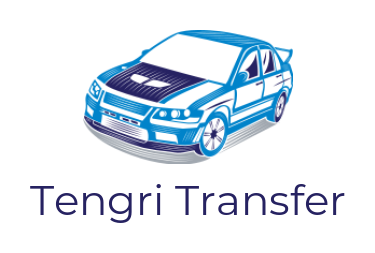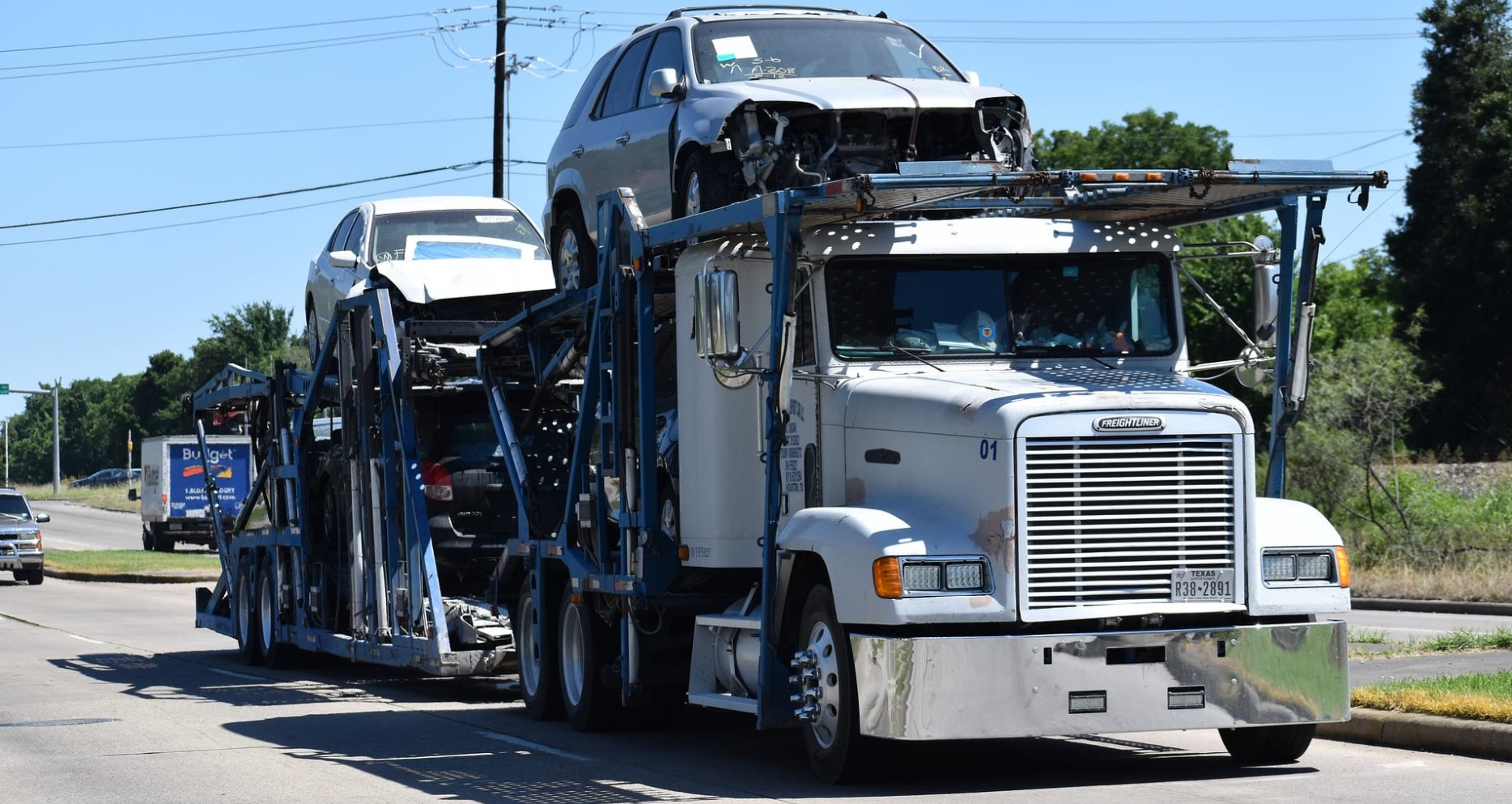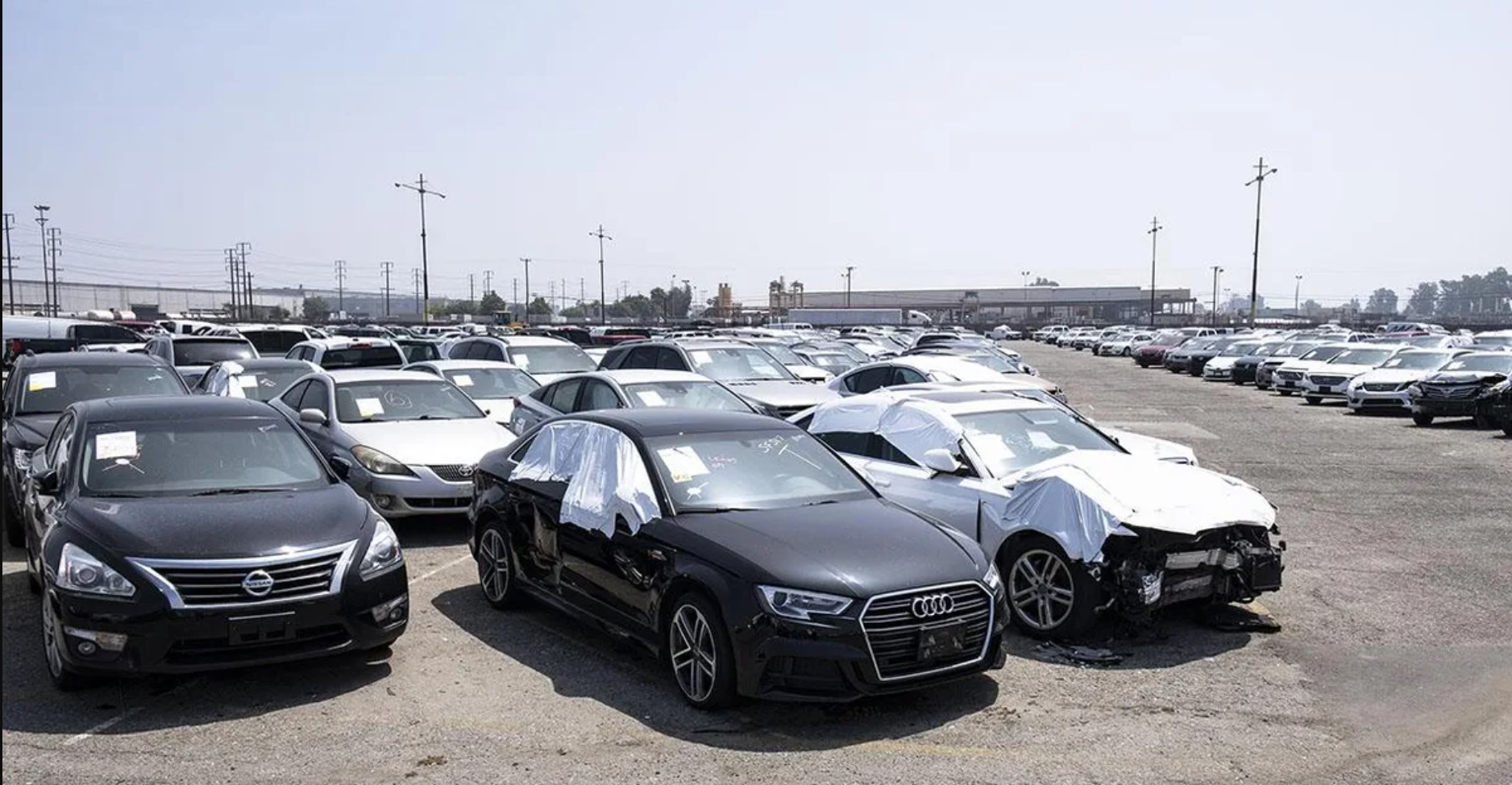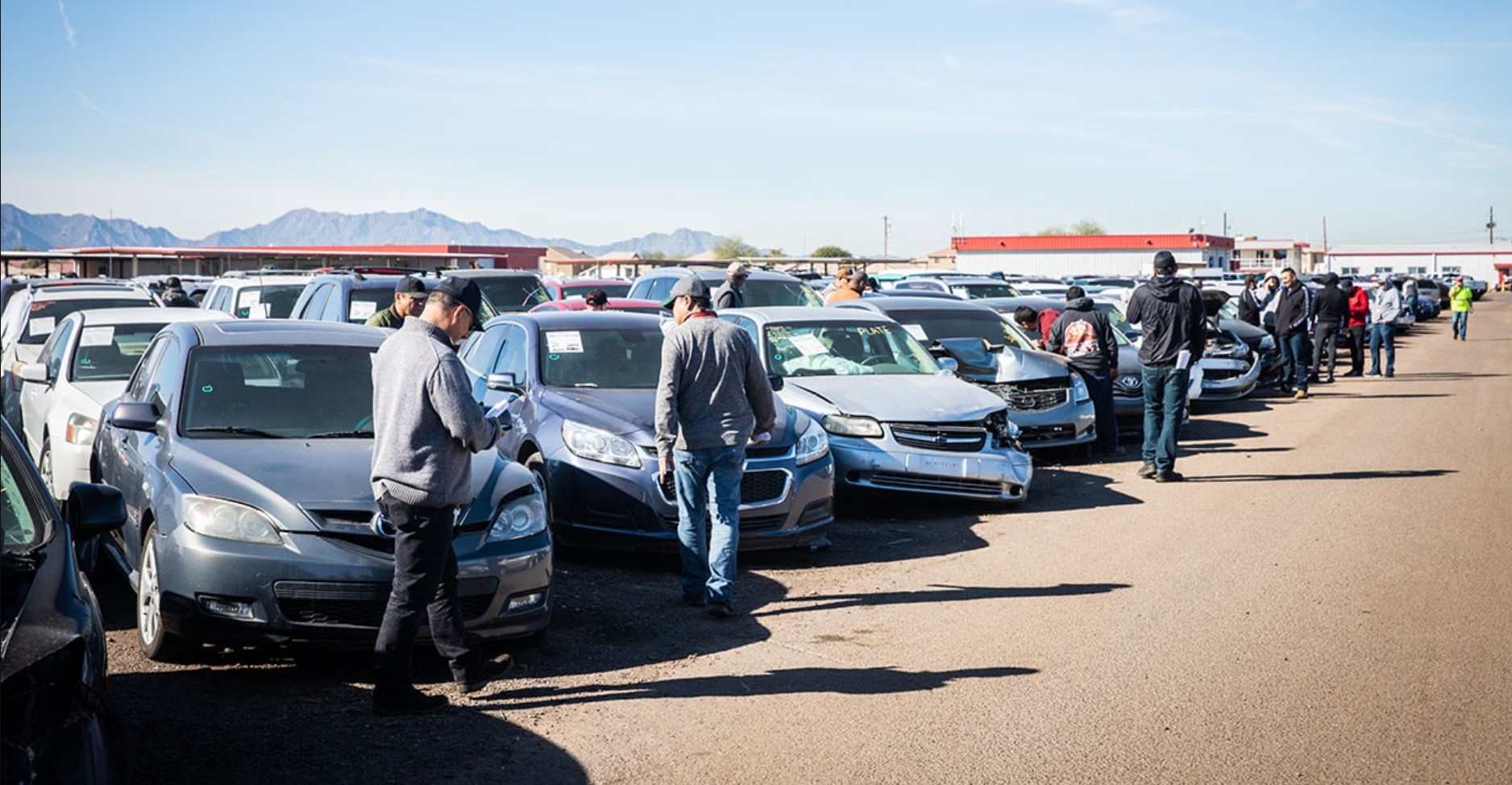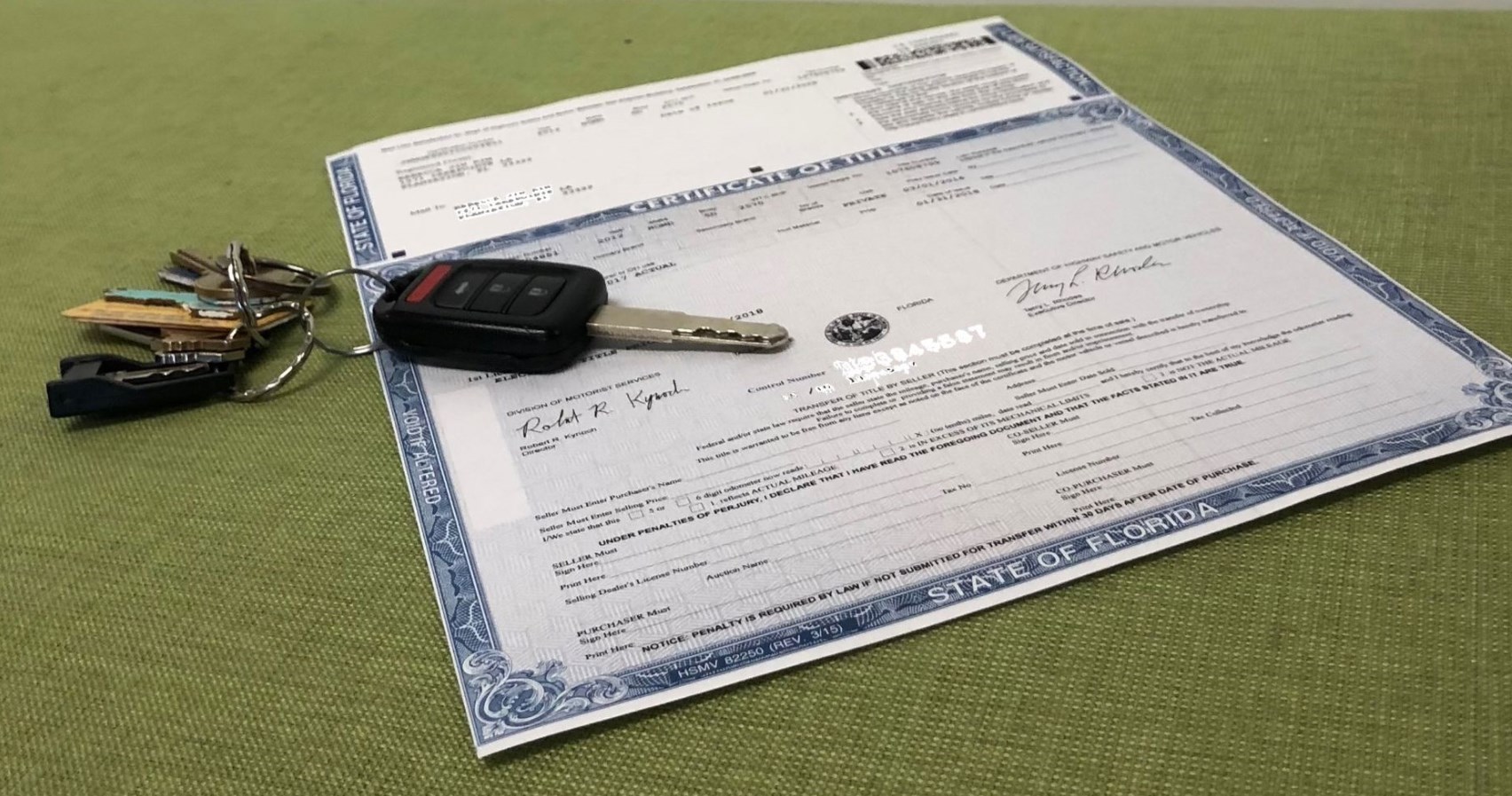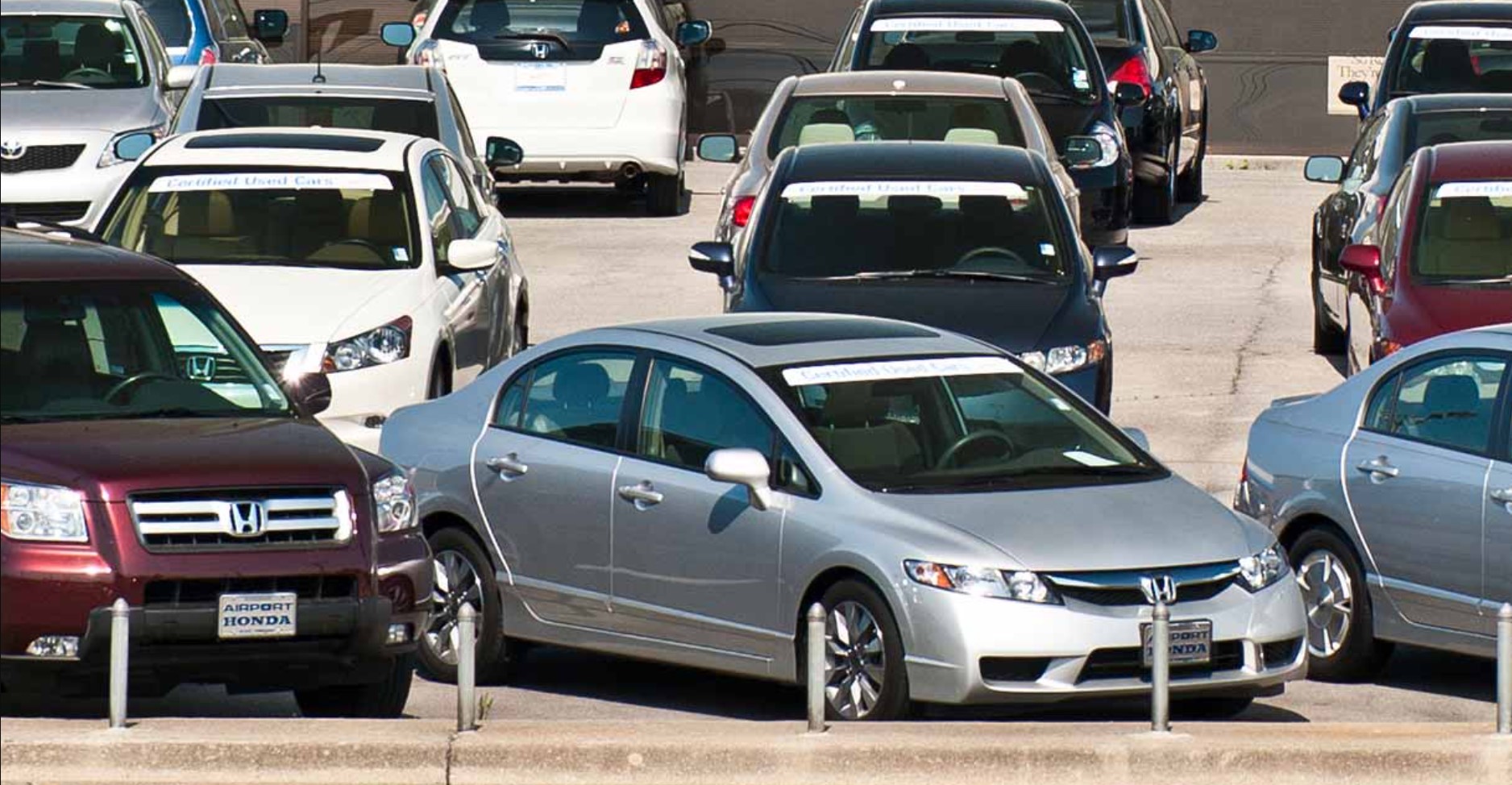
Insurance auto auctions provide an opportunity to purchase vehicles at competitive prices. Whether you’re a seasoned bidder or a newcomer to the world of auto auctions, understanding the requirements is crucial for a successful experience. In this guide, we’ll explore the various aspects of insurance auto auctions and provide you with valuable insights to navigate them with confidence.
What Do You Need for Insurance Auto Auctions?
At insurance auto auctions, there are several key elements you need to consider and prepare for. Here’s a detailed overview of each aspect:
Necessary Documentation
Before attending an insurance auto auction, you must ensure you have the necessary documentation in order. These documents often include:
- Driver’s License: A valid driver’s license is required for identification purposes.
- Auction Registration: Registering for the auction is essential. This may involve filling out forms and providing contact information.
- Proof of Funds: Some auctions require proof of funds to ensure you’re a serious bidder.
- Bidder Badge: Once registered, you’ll receive a bidder badge that grants you access to the auction area.
- Insurance: Some auctions may require proof of insurance to bid on vehicles.
Understanding Auction Types
Insurance auto auctions can take different forms, including online auctions and physical auctions held at designated venues. Understanding the type of auction you’re participating in will help you prepare adequately.
Researching Vehicles
Thorough research is essential before attending any auto auction. Utilize online platforms and auction catalogs to explore the vehicles available, their condition reports, and estimated values. This information will assist you in making informed decisions during the bidding process.
Setting a Budget
Establish a budget before attending the auction and stick to it. Determine the maximum amount you’re willing to spend on a vehicle, considering not only the bidding price but also additional costs such as fees and potential repairs.
Vehicle Inspection
Inspecting the vehicles you’re interested in is crucial. While many auctions provide detailed condition reports, a personal inspection can help you identify any issues not mentioned in the report. If you’re not confident in your own assessment, consider bringing a mechanic with you.
Bidding Strategy
Develop a bidding strategy to avoid overpaying for a vehicle. Decide on your maximum bid and be prepared to walk away if the bidding exceeds your budget. Remember, auctions can become competitive, so it’s essential to stay focused on your predetermined limits.
Payment and Fees
Navigating the payment process and understanding the associated fees is a crucial aspect of participating in insurance auto auctions. In this section, we’ll delve into the details of payment requirements, accepted methods, and the various fees you may encounter during the auction process.
Payment Process
When it comes to payment at insurance auto auctions, it’s essential to be well-prepared. Here’s an overview of the payment process:
- Deposit: Some auctions require a deposit upfront, which serves as a security measure to ensure that bidders are serious. The deposit amount varies, so be sure to check the auction’s guidelines. If you win a bid, the deposit is typically applied towards the total payment.
- Full Payment: Once you’ve successfully won a bid, full payment is expected within a specific timeframe. This timeframe is usually short, so it’s important to be ready to complete the payment promptly. Accepted payment methods often include cash, certified checks, credit/debit cards, and bank transfers.
- Payment Deadline: Auctions have strict payment deadlines. Failing to meet the deadline may result in penalties or the cancellation of your winning bid.
Associated Fees
Alongside the payment process, there are several fees to consider when participating in insurance auto auctions. Here’s a breakdown of the most common fees:
Buyer’s Premium
A buyer’s premium is a fee charged by the auction house, calculated as a percentage of the final bid price. This fee varies from auction to auction and is added to the total amount you owe for the vehicle. It’s important to factor this fee into your budget when bidding.
Documentation Fees
Some auctions charge documentation fees, which cover administrative tasks related to transferring ownership and processing paperwork. These fees are typically a fixed amount and may vary depending on the auction.
Title Transfer Fees
When transferring the title of the vehicle into your name, there may be additional fees involved. These fees cover the cost of updating the title with the relevant authorities.
Storage Fees
If you’re unable to arrange timely pickup or delivery of the purchased vehicle, storage fees may apply. These fees cover the cost of storing the vehicle until you’re able to take possession.
Transportation Fees
Transporting the vehicle to your location is another consideration. If you’re not driving the vehicle home yourself, you’ll need to arrange for transportation. This could involve hiring a towing service or a professional transport company.
Additional Costs
In addition to the above fees, keep in mind that there might be other costs associated with purchasing a vehicle at an insurance auto auction. These could include taxes, registration fees, and potential repairs.
Payment and Fees Table
Here’s a table summarizing the payment process and associated fees at insurance auto auctions:
| Process/Fee | Description |
| Deposit | Required upfront as a security measure. |
| Full Payment | Expected promptly after winning a bid. |
| Buyer’s Premium | Auction house fee calculated as a percentage of the bid. |
| Documentation Fees | Administrative fees for paperwork processing. |
| Title Transfer Fees | Fees for updating the title with relevant authorities. |
| Storage Fees | Incurred if timely pickup or delivery isn’t arranged. |
| Transportation Fees | Costs for transporting the vehicle to your location. |
| Additional Costs | Taxes, registration fees, and potential repair costs. |
Transportation Logistics
Consider how you’ll transport the vehicle once you’ve successfully won the bid. Arrange for a towing service or have a plan to drive the vehicle home if it’s roadworthy. Transportation logistics should be sorted out in advance to ensure a smooth post-auction process.
After-Purchase Steps
After winning a bid, there are a few steps to follow:
- Payment: Complete the payment process promptly to secure your purchase.
- Title Transfer: Work with the auction to transfer the title of the vehicle into your name.
- Pickup or Delivery: Arrange for the pickup or delivery of the vehicle according to the auction’s guidelines.
FAQ’s
Q: Can anyone participate in insurance auto auctions?
A: Yes, most auctions are open to the public, allowing anyone to participate.
Q: Is it possible to inspect vehicles before bidding?
A: Absolutely. It’s recommended to inspect vehicles personally or with a professional to assess their condition.
Q: Are online auctions different from physical auctions?
A: Yes, online auctions allow you to bid from the comfort of your home, while physical auctions involve attending the event in person.
Q: What happens if I win a bid but can’t pay immediately?
A: It’s crucial to communicate with the auction staff if you’re unable to make immediate payment. Some auctions may offer flexibility based on your situation.
Q: How can I avoid overbidding during the auction?
A: Setting a clear budget before the auction and sticking to it will help you avoid overbidding in the heat of the moment.
Q: Can I resell a vehicle purchased at an insurance auto auction?
A: Yes, you can resell the vehicle after completing the necessary paperwork and title transfer.
Navigating insurance auto auctions requires careful preparation and attention to detail. By understanding the necessary documentation, conducting thorough research, and developing a solid bidding strategy, you can approach these auctions with confidence. Remember, each auction may have its own specific requirements and procedures, so it’s essential to familiarize yourself with the rules of the auction you plan to attend.
